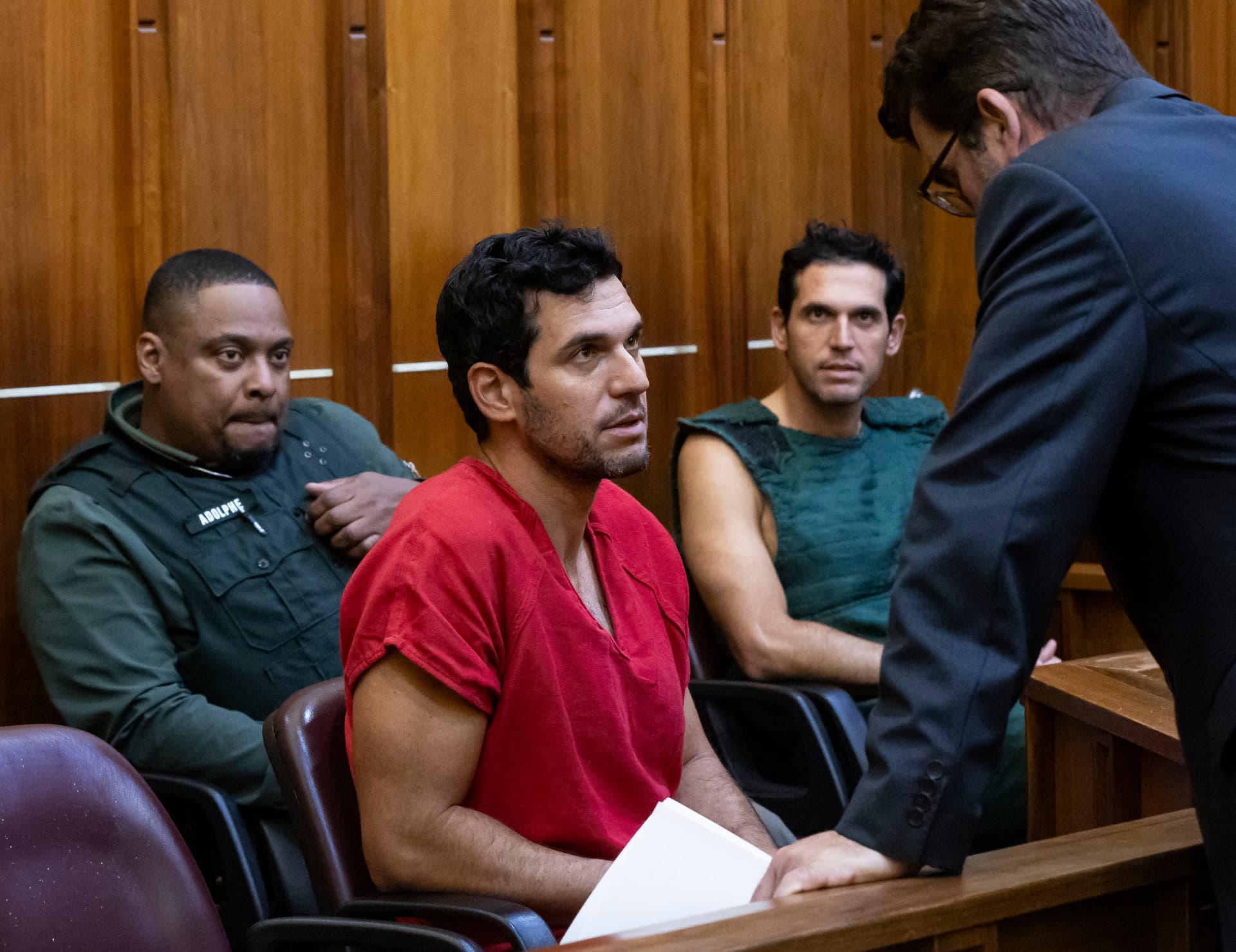
‘My “No’s” Got Louder and More Desperate’: Trial of Hard-Partying Alexander Brothers Begins With Woman’s Vivid Description of Rape
By MARIE POHL
|The state is the first in America to mandate Intelligent Speed Assist systems, following implementations in Washington, D.C., and the European Union.

Already have a subscription? Sign in to continue reading

By MARIE POHL
|
By ELYSA GARDNER
|
$0.01/day for 60 days
Cancel anytime
By continuing you agree to our Privacy Policy and Terms of Service.
By HOWARD HUSOCK